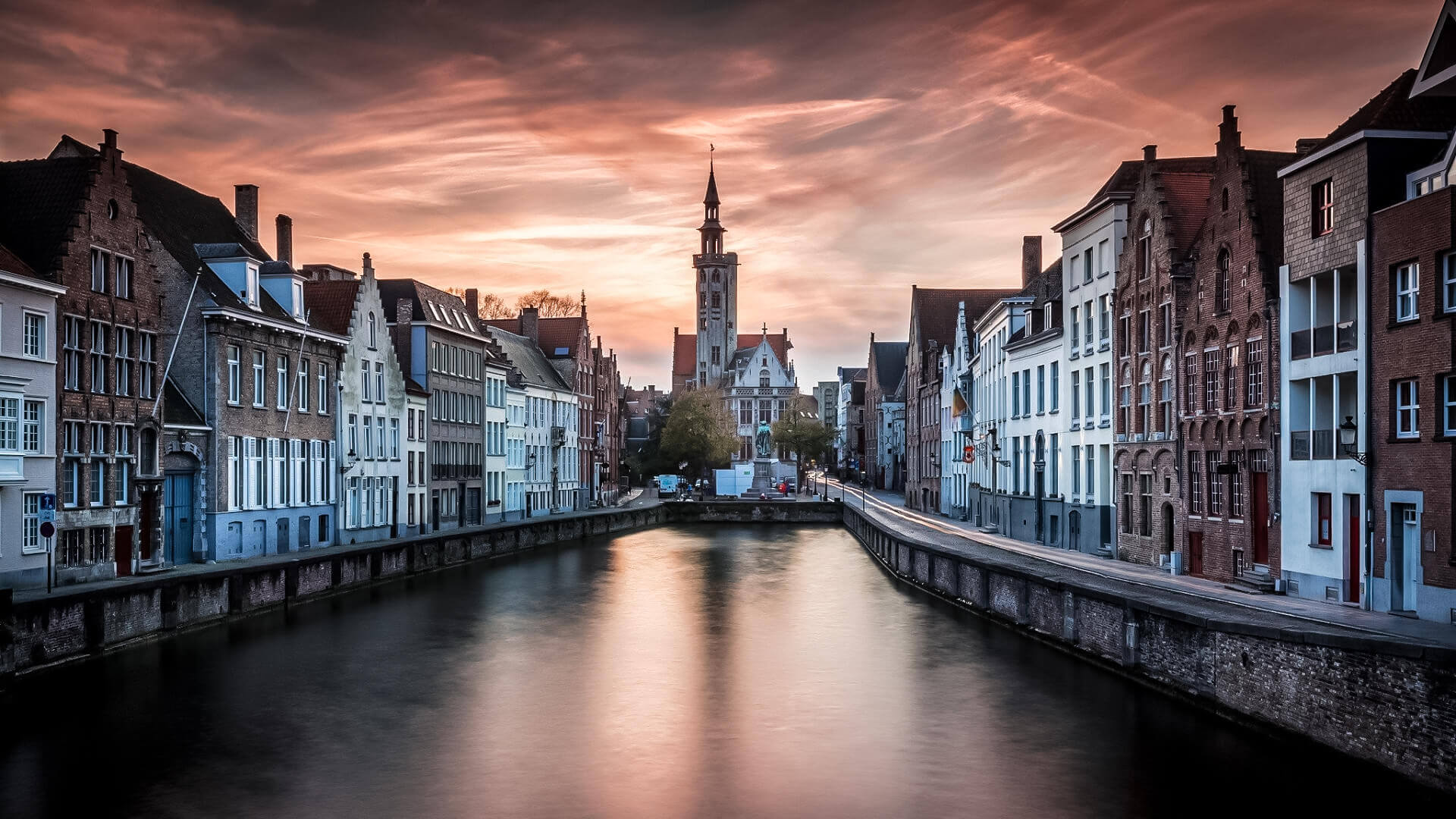For people who like to party, Belgium can be great. Most cities are close to each other and are either big metropolitan areas (Brussels, Antwerp) or student districts (Leuven, Liège, Ghent), etc.. In this small region you will find the largest number of clubs, cafés, restaurants per square kilometre in the world. A good starting point can be a place with a strong student/youth culture: Leuven around its large university, Liège in the famous “quartier du carré”, etc. You can expect a great variety in the appreciation of music, from jazz to the best electronic music. A wide variety of music awaits you, from jazz to the best electronic music. Ask for the best clubs and you will most likely meet music fanatics who can show you the best underground parties in this small country.
The government’s attitude towards bars, clubs and parties is basically liberal. They recognise the principle of “live and let live”. As long as you do not disturb public order, destroy property or get too drunk, the police will not intervene; this is also one of the main principles of Belgian social life, because drunken and disorderly behaviour is generally considered offensive. Of course, this behaviour tends to be tolerated in student communities, but in general you are more respected if you party as much as you want – but with a sense of discretion and self-control.
Officially, drugs are not allowed. However, as long as you follow the above principles, you are not in serious trouble. However, driving under the influence of alcohol or drugs is not tolerated and traffic laws are strictly enforced. Especially on weekends on major roads, you have a good chance of being pulled over for a blood alcohol test.
Water
Tap water is drinkable everywhere in Belgium, but most restaurants do not serve it. They usually serve hot spring water or other mineral water, which costs about 2 euros per bottle. Spa, like bru and chaudfontaine, is a very famous brand of water.
Beer
Belgium is to beer what France is to wine; it is home to one of the world’s greatest beer traditions. As in other European countries in the Middle Ages, beers were brewed in many different ways and with many different ingredients. In addition to the usual ingredients such as water, barley malt, hops and yeast, many herbs and spices were also used. This activity was often carried out in monasteries, with each monastery developing its own style. For one reason or another, and this is unique to Belgium, many of these monasteries survived almost into modern times, and the process was entrusted to a local commercial brewer when the monastery closed. These brewers often increased the recipe and process to sweeten the taste slightly and make it more marketable, but the variety survived in this way. These beers are called abbey beers and there are hundreds and hundreds of them with a range of complex flavours that you can’t imagine until you try them.
The Trappist label is controlled by international law, just like the label for champagne in France. In Belgium, there are only six Trappist abbeys that produce beer with the Trappist label. To be allowed to carry the Trappist label, some rules have to be followed in the brewing process. The beer must be fermented on the abbey’s premises, the monks of the abbey must be involved in the brewing process and the profit from the sale of the beer must be used to support the monastery (like a non-profit organisation).
Belgium offers an incredible variety of beers. Wheat/white beers (with their blend of barley and wheat) and lambic beers (sour-tasting wheat beers brewed by spontaneous fermentation) originate from Belgium. For non-beer lovers, lambic beers are always interesting to try, as they are often brewed with fruity flavours and do not taste like normal beer. Belgian series beers include Stella Artois, Duvel, Leffe, Jupiler and Hoegaarden. The names given to some beers are quite imaginative: for example, Verboden Vrucht (forbidden fruit), Mort Subite (sudden death), De Kopstoot (assface), Judas and Delirium Tremens.
Kriek (sweet and sour cherry beer) and, for the Christmas season, Silent Night are also recommended.
Simple blonde derivatives (4%-5.5%): Stella Artois, Jupiler, Maes, Cristal, Primus, Martens, Bavik.
Trappist beers (5 to 10%): Achel, Chimay, Orval, Rochefort, Westvleteren, Westmalle.
Geuze: Belle-Vue, the Lambic Sudden Death, Lindemans in Sint-Pieters-Leeuw, Timmermans, Boon, Cantillon, 3 Fountains, Oud Beersel, Giradin, Hanssens, De Troch.
White beers: Hoegaarden, Dentergemse, Brugse Witte.
Jenièvre
The city of Hasselt is famous in Belgium for its local alcoholic drink, jenever. It is quite a strong liquor, but it comes in all sorts of flavours beyond imagination, including, but not limited to, vanilla, apple, cactus, kiwi, chocolate and much more. Hasselt is located in the east of Belgium, about an hour by train from Brussels and 50 minutes from Antwerp. Trains leave Antwerp twice an hour.
Pubs
Pubs, or cafés, are very common. They all offer a wide range of alcoholic and non-alcoholic drinks, both hot and cold. Some serve food, others do not. Some specialise in beer, wine, cocktails or something else. Smoking in pubs is against the law.


